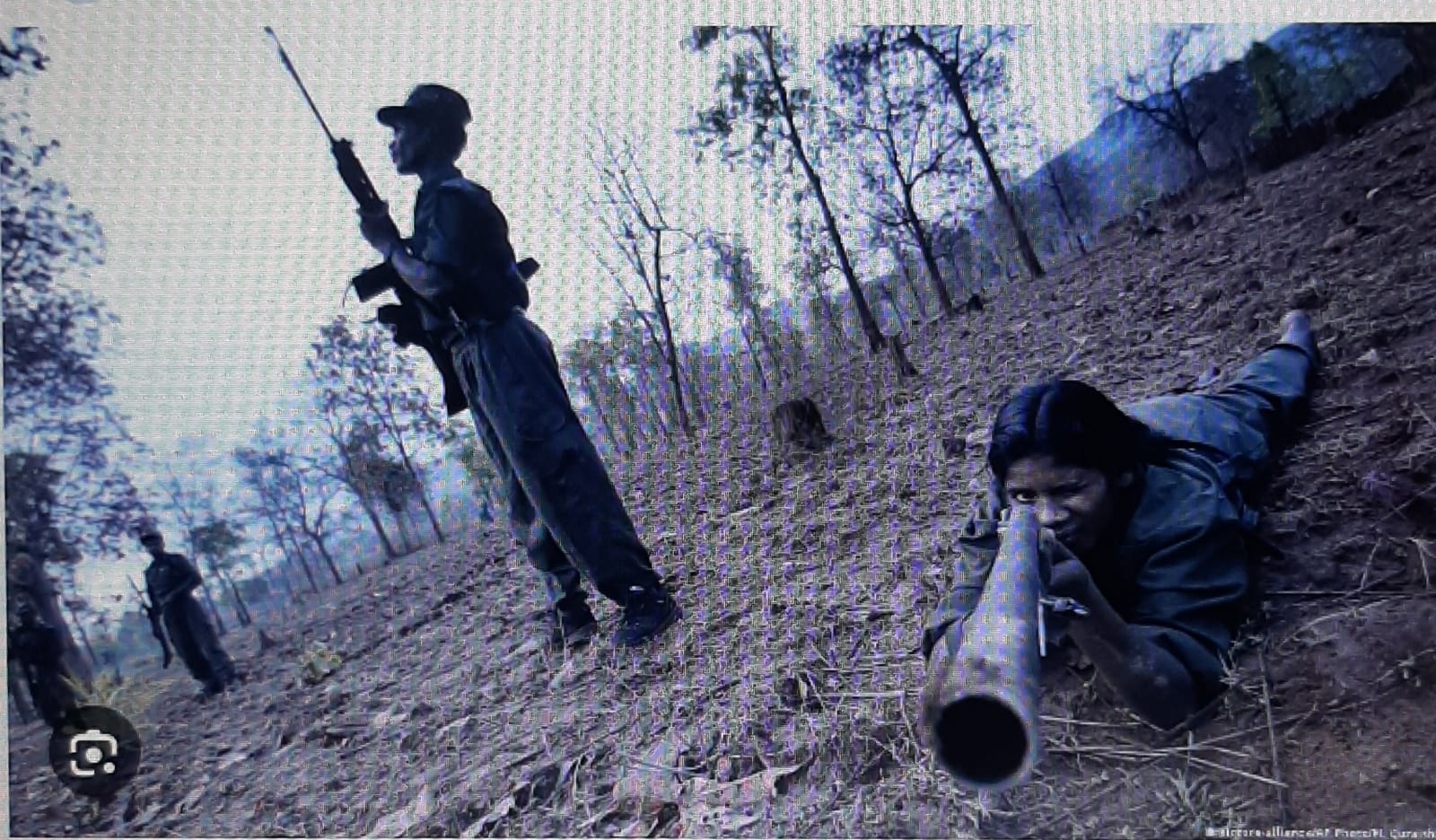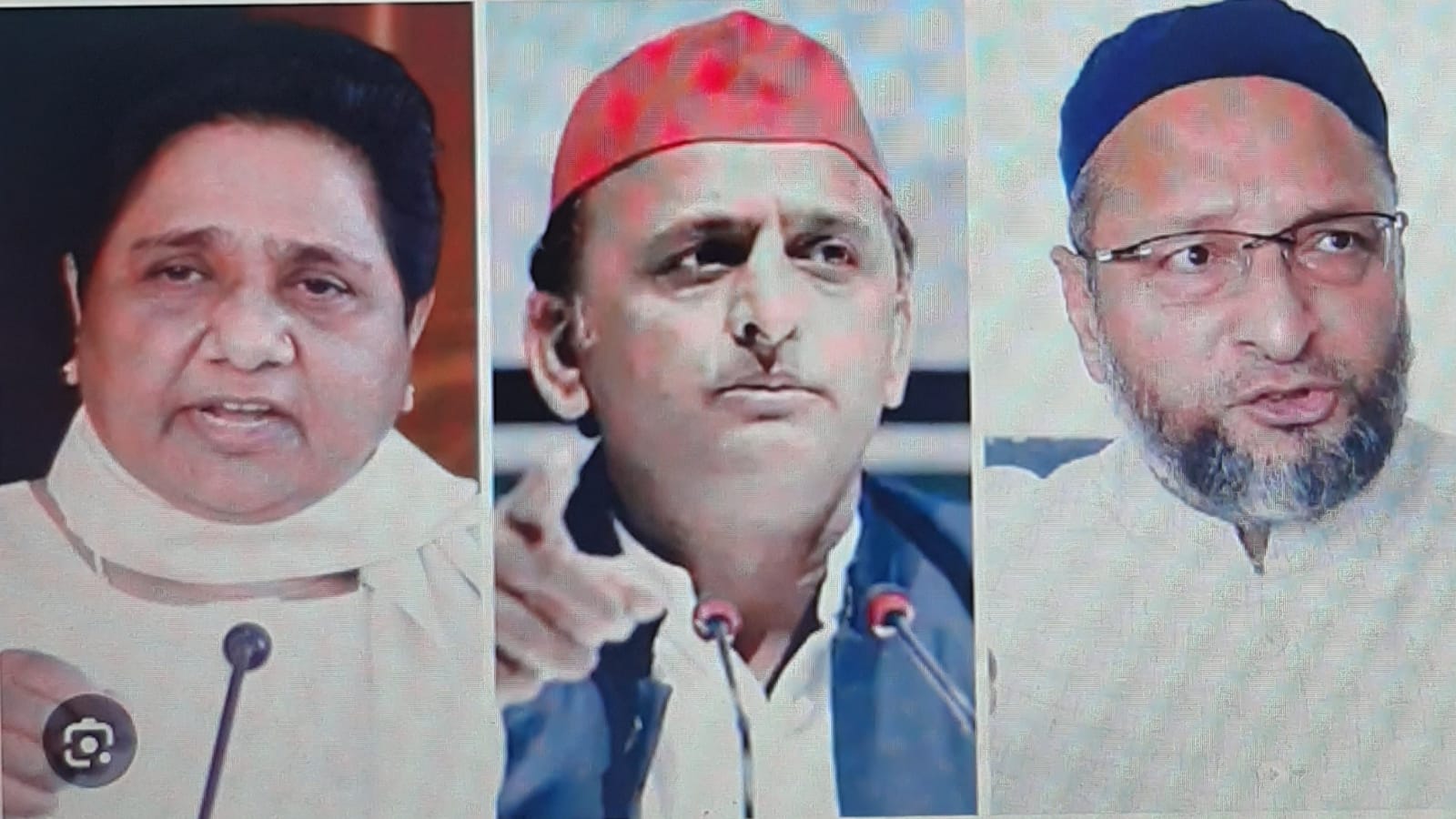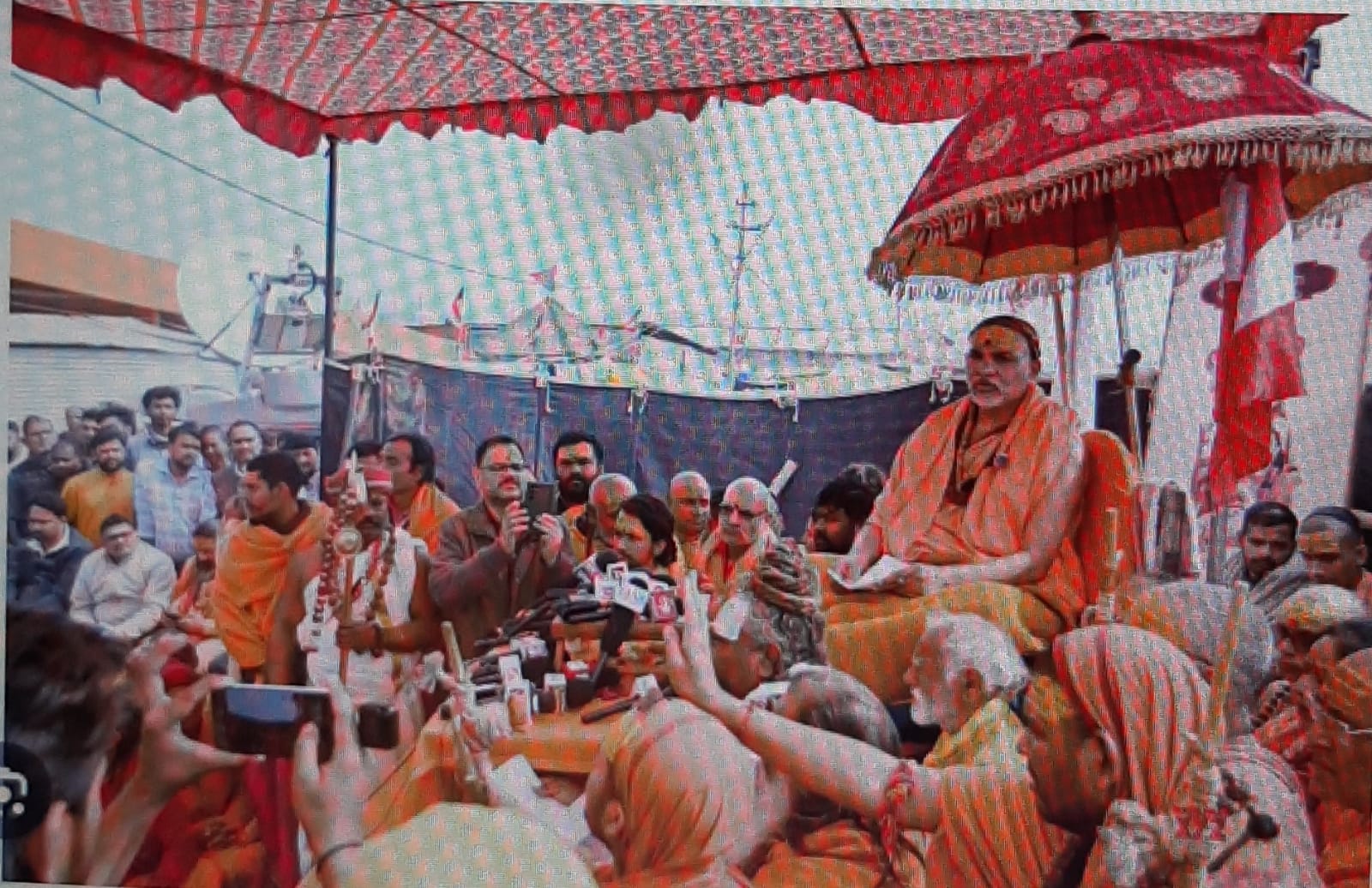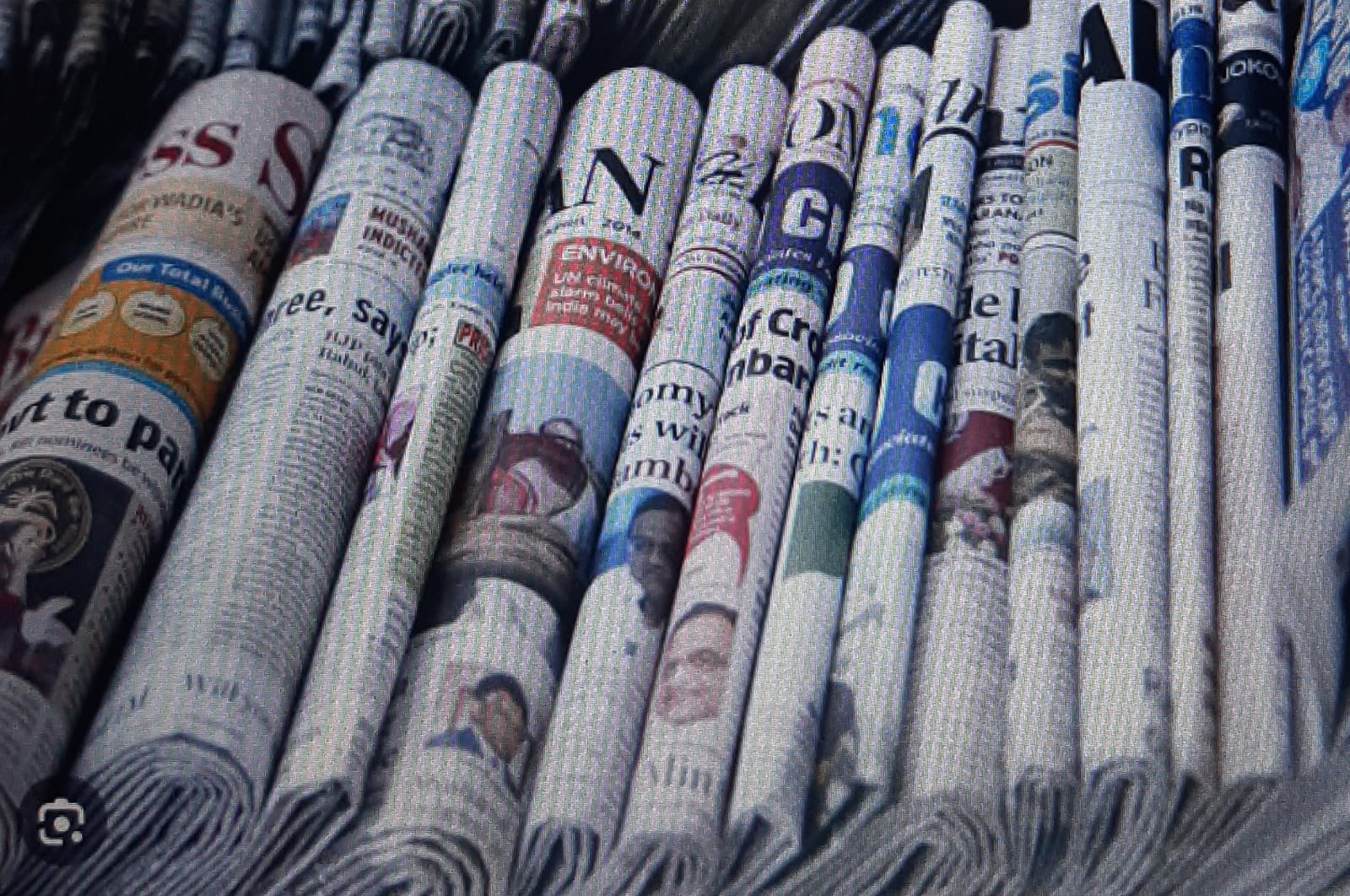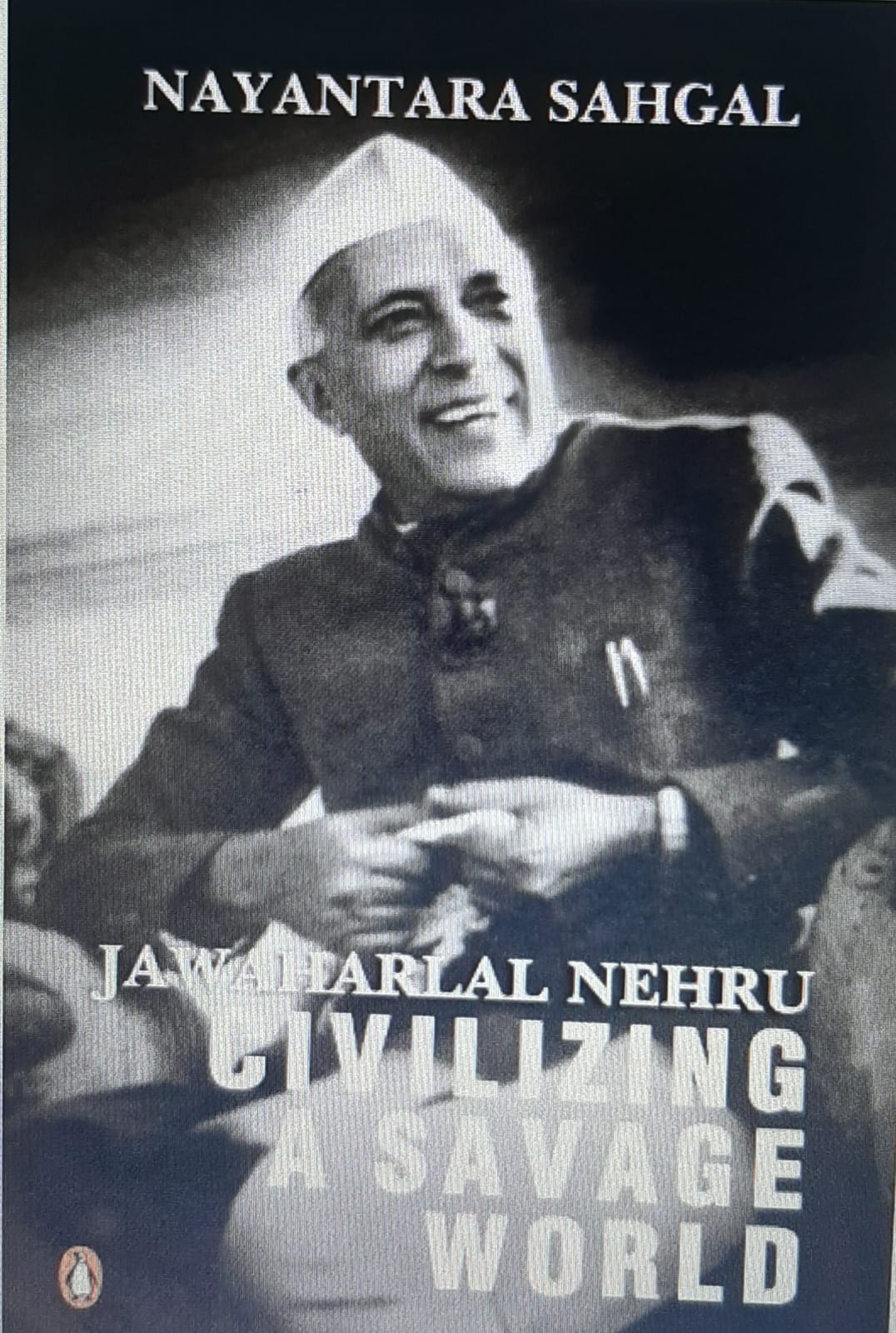
Nehru’s firm commitment to and his championing of liberal democracy in India assured our country of civilised interaction, respect for diverse views, the authority of rule of law and the foundation of a political system where the Constitution of India with its Fundamental Rights , Directive Principles for social justice among other things, was supreme, writes former IAS officer Juthika Patankar
One of Nayantara Sahgal’s books on her uncle, Jawaharlal Nehru, is titled thus: Jawaharlal Nehru Civilising a Savage World. The subject of the book is Nehru’s foreign policy and his fundamental belief in peace and democracy. I had picked up the book without paying particular attention to the title but it was the title which drew criticism from my father. My father was no detractor of Nehru. Indeed he had the greatest regard not only for Nehru’s socialism, his commitment to liberal democracy and also his vision of the world wherein the history of civilisations of India and China had so much to offer each other. Nevertheless he professed himself to be appalled by the title and the arrogant presumption it connoted, the idea that Jawaharlal Nehru, his undoubted eminence notwithstanding, could don the mantle of ‘civilising a savage world’.
Nearly a decade and a half later, when I revisited the book, I recalled my father’s sense of outrage at the title and fell to thinking deeply about what he had said. Was it really presumptuous to call the world savage? And was not Nehru one of the finest examples of civilised humanity in an unequal, warring world?
In these past years we have witnessed the most ghastly brutality and bestiality that human beings can inflict on one another. The Gaza conflict with its widespread destruction and havoc upon people, the protracted Ukraine war, the horrors caused by dictatorships, ruthless suppression of democracy and dissent, the suffering caused by strife and violence, scarcity, deprivation and wilful cruelty, the apathy and self-aggrandisement of rulers, the mindless savagery of terrorism, the ceaseless exploitation of the poor or underprivileged, the eternal persecution on the basis of caste, race, religion and a score of such differences all make one wonder whether the world has really ever shed savagery and inhuman behaviour. Paradoxically, ultra-sophisticated technological advance and the rise of AI has significantly reduced the element of the human in our interpersonal interaction.
The march of civilisation towards greater and greater technological advancement has brushed aside the need for human contact, human intelligence, human empathy in all transactions. A huge part of this ‘progress’ is propelled by human greed. And a natural consequence of greed is that the richer, the stronger, the simply more powerful would always subjugate the rest of humanity to yield their all by violent and unscrupulous means.
What is savagery in today’s world? It is the targeting and threatening of hapless people caught in an unfree, unequal world. It is the perpetration of violence upon such people. It is the exploitation and oppression of those who are not in a position to defend themselves. It is the subversion of the rule of law. It is the breaking of institutions and forcing them to surrender to ‘might is right’ instead of upholding their autonomy, their commitment to the highest law of governance and accountability. It is the refusal to acknowledge and practise human equality, respect each individual’s right to dignity, self-determination and freedom. It is the abject surrender of all to hostility, ignorance, irrationality and prejudice. It is waging war on tolerance, humanity, decency, harmony and goodwill among peoples. It is the relentless and remorseless attack upon Nature and natural resources to satisfy the greed of the rich and the powerful thereby making the world unlovable for the rest. Nations, communities, individuals are all guilty of savagery in some form or another. Criminally attacking and violating those other who are perceived as weak or defenceless is savagery.The fundamental inability of nations, communities or individuals to respect the human condition of the other, the equal rights to liberty and opportunity of the other is what hampers or destroys harmonious co-existence and is savagery.
Against this reality of our times, one needs to consider Jawaharlal Nehru, India’s first Prime Minister but more importantly, one of the freedom movement’s finest leaders whose personal convictions about democracy, rationalism, socialism, secularism and the plurality of India’s culture informed all his actions which determined the course of India in the first two decades after independence.
The Nehruvian worldview of non-alignment was a singular solution as well as a tribute to the establishment of equality among nations and their world standing. It was a rejection of aligning with either of the superpowers and instead striking a blow for all nations, old and new, developed or underdeveloped, strong or weak, to take their place on their own terms in the world.
Nehru’s firm commitment to and his championing of liberal democracy in India assured our country of civilised interaction, respect for diverse views, the authority of rule of law and the foundation of a political system where the Constitution of India with its Fundamental Rights , Directive Principles for social justice among other things, was supreme.
His espousing of India’s federal polity provided space for regional identity and diversity. Nehru’s own cultural accomplishments and his inherent belief in the syncretic culture of India as being the basis for the greatness of India’s civilisation always held out the promise for all Indians to live in that heaven of freedom envisioned by Rabindranath Tagore in his poem, “Where the mind is without fear”.
Ramachandra Guha, quoting Walter Crocker, the author of Nehru: A Contemporary Estimate, says that “Nehru was that rare man who is both clever and good.” As a statesman, a politician, a vision art, a leader and ultimately as Prime Minister, Nehru too would have been fallible. His mistakes have since been analysed, thrashed and condemned, often not forgiven. But above all, as Ramachandra Guha says, Nehru was ‘a profoundly good man”. It is not my intention here to analyse every facet of Nehru’s actions. What I reflect upon, in conclusion, is that in Jawaharlal Nehru, India had a Prime Minister, a leader, who was ruled by human decency and an innate respect for the values of liberty, democracy and pluralism which surely made him eminently fitted to keep savagery at bay. In deference to human fallibility, it is true that humility would have to come first and so it would seem presumptuous that any one man could claim to have civilised a savage world.
But the world today is as unremittingly full of savagery as before and it is only when profoundly good men occupy the position of our nation’s leaders that we are able to strive continually to remain civilised. Is not then the title of the book an appropriate reminder and a nod in deference to those who lead humanity with an unswerving faith in the highest principles of the human race? Perhaps my father would have agreed, after all.
(Ms. Juthika Patankar is a visiting faculty in Gokhale Institute of Politics and Economics and a member of Pune International Centre. She is also a former civil servant. Views expressed are personal.)



